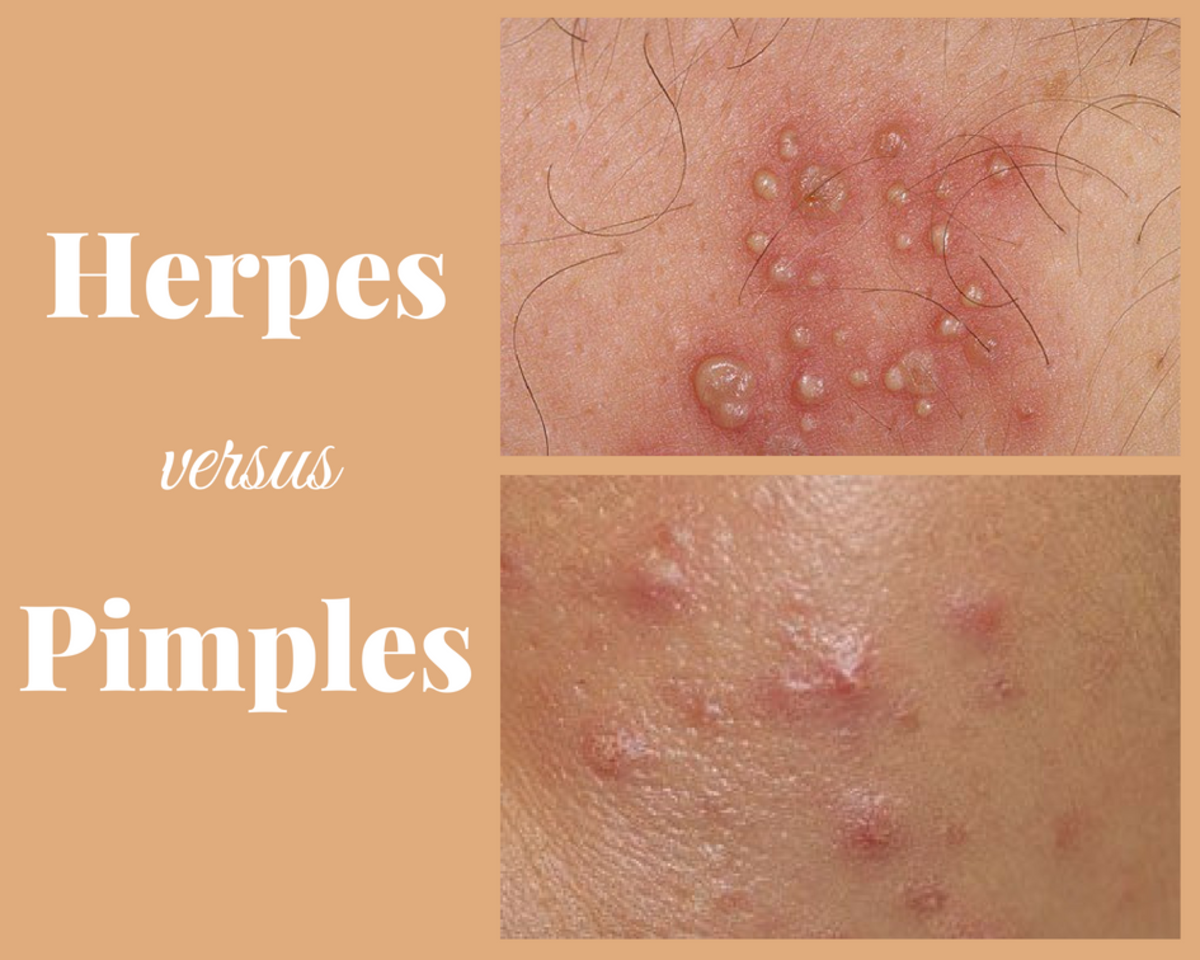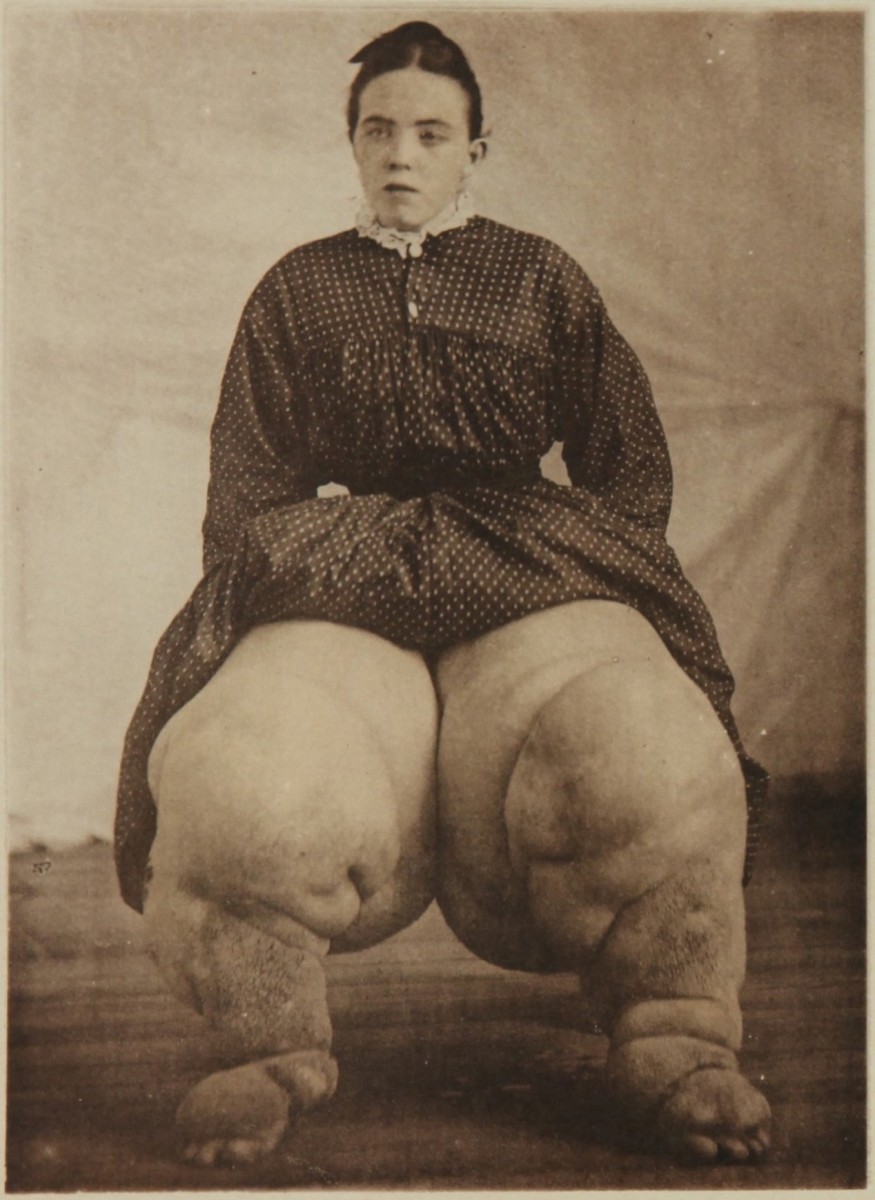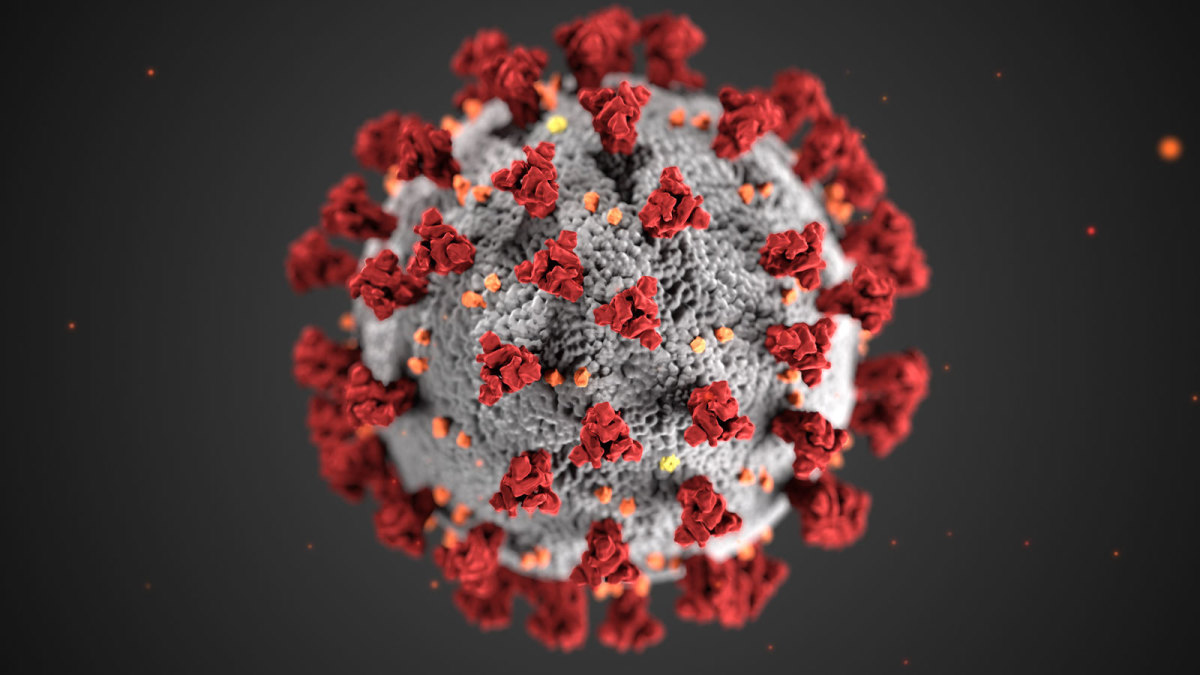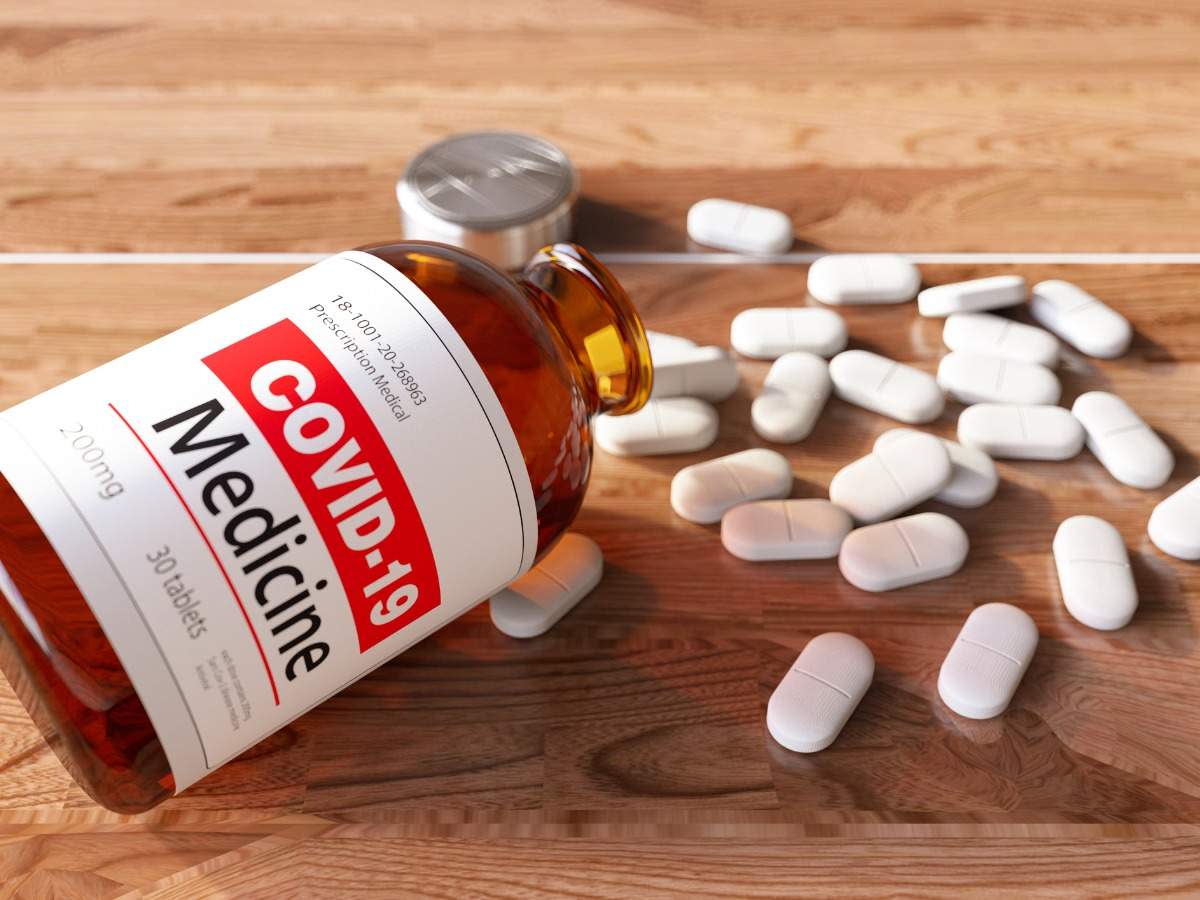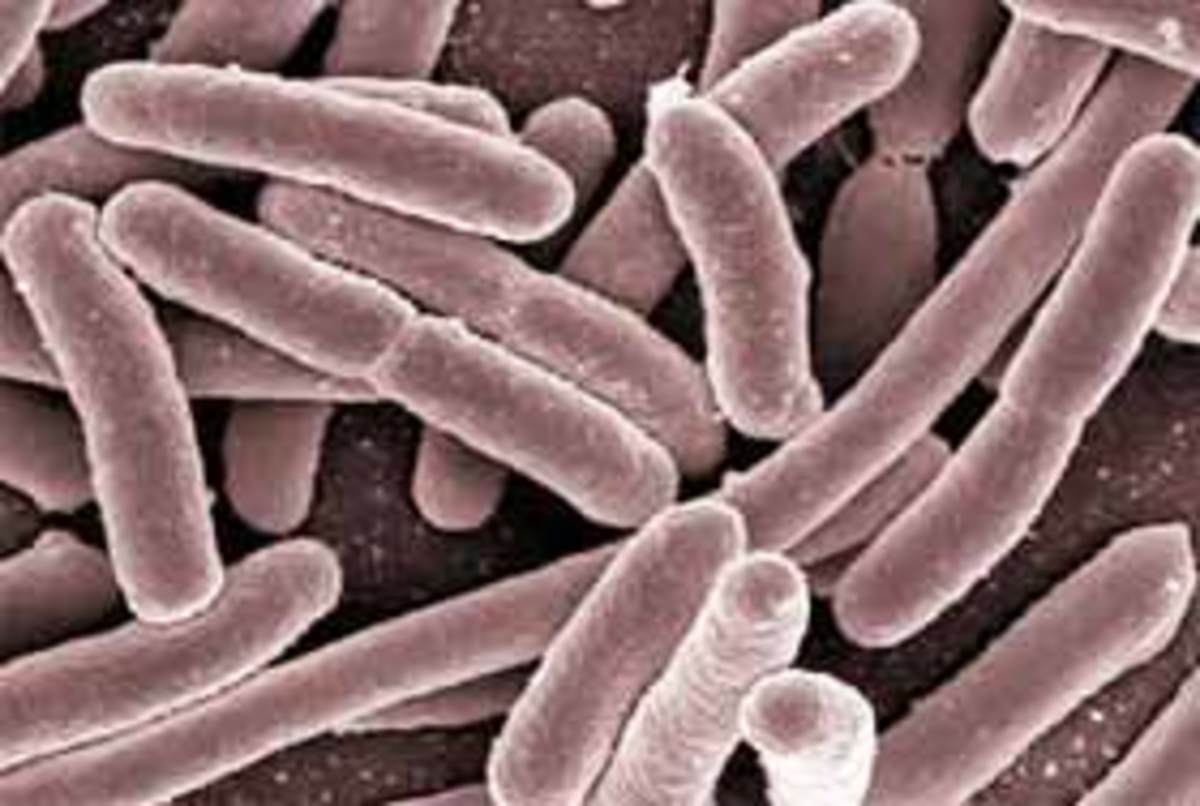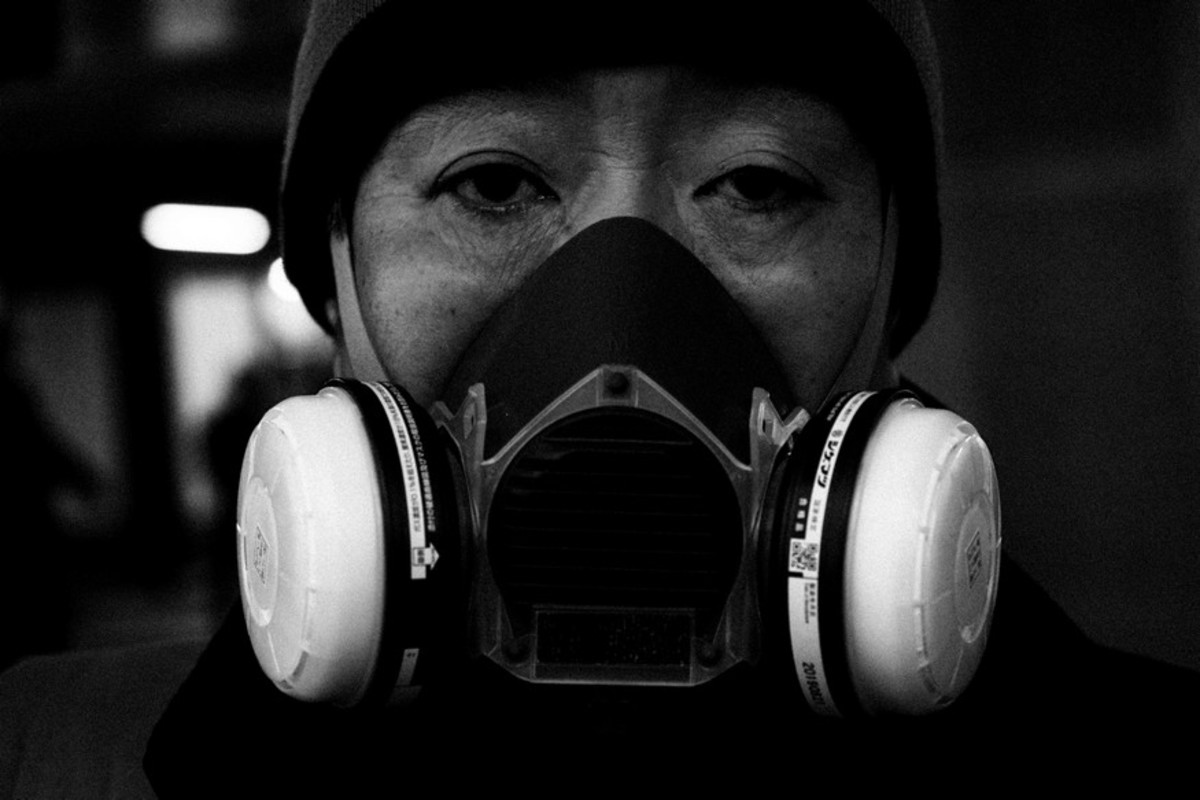Coronavirus: Symptoms, Diagnosis, Treatment and Basic Protective Measures Against the New Coronavirus
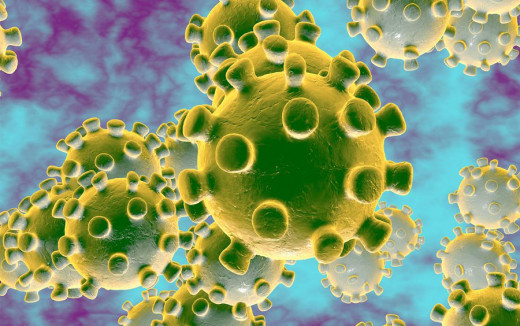
The outbreak of a new type of virus called Coronavirus (COVID-19) in China has caused a global concern. It has spread to almost all the countries in the world since it started to be seen in Wuhan, China in December, 2019.
What is a Coronavirus?
Coronavirus is a virus that is found in animals and can seldom be transmitted to humans. It can also spread from person to person.
What are the Symptoms?
The most common symptoms of the new coronavirus are fever, cough, runny nose, sore throat and shortness of breath. The symptoms can differ from person to person. The ones with a weakened immune system may develop pneumonia and bronchitis. Older people seem to be more vulnerable and they may be more severely ill with the virus.
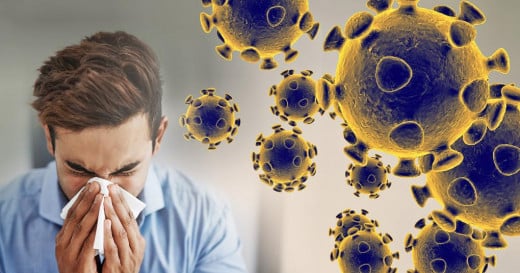
How does COVID-19 Spread?
The virus mostly spreads from person-to-person and it is a type of virus that spreads easily in the community.
When an infected person coughs or sneezes near others who are in close contact with him or her, the respiratory droplets may be inhaled into their lungs.
In addition, although it is not the main way that the virus spreads, you may get coronavirus by touching an object that has the virus on it and then touching your mouth, nose, or eyes.
How is the Virus Diagnosed?
If you believe that you have been in close contact with the people showing the symptoms, call your doctor immediately. It is advisable to let the doctor know about your concerns before you go to the doctor’s office. They will do the research and the necessary preparations before you arrive there. The doctor will run some tests to see if you are contracted with other common infections. You will never know that you have the coronavirus or other infections until the results are interpreted by your doctor. In some cases, the doctor suggests you to isolate yourself to prevent the spread of infection. In some countries, as soon as you are diagnosed with COVID-19, they start the quarantine procedures.
Coronavirus Treatment
Unfortunately, there is no vaccine or treatment for coronavirus, yet. Scientists are working on vaccines for the virus and they might announce the results in the near future. Some suggestions are made to protect yourself and prevent the spread of the virus.
How Dangerous is Coronavirus?
Evidence shows that coronavirus is more fatal than the flu in all age groups. However, the fatality rate is higher in the older people according to the statistics.
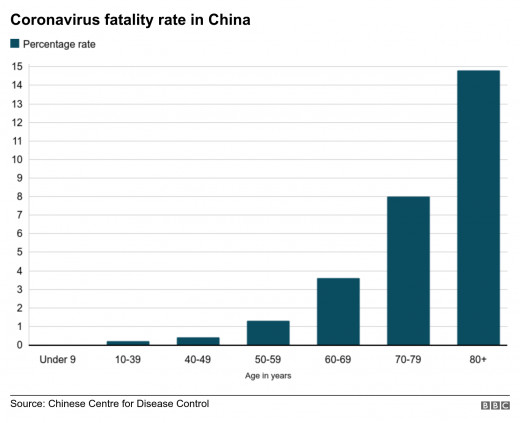
Ways to Protect Yourself from Coronavirus
1. Wash your hands regularly and avoid shaking hands
If you want to stop the outbreak of the disease, you need to wash your hands more frequently than ever since your hands may have been in contact with infected surfaces or objects. It is advisable to wash your hands with soap and plenty of water at least 20-30 seconds.
You should also avoid shaking hands. No matter how well you wash your hands, you may get the virus from the other person’s hand. Additionally, do not touch your mouth, nose or eyes if you think that you have contacted a possibly infected object.
2. Stay home if you are sick
If you do not feel yourself well, you may be infected with some viruses. Even if it is not the coronavirus, it is always advisable to stay home until you get over your illness. Going out when you are sick, you’ll have the potential to transmit the virus to other people.
Coronavirus infects your lungs, and the most apparent symptoms are fever, cough, fatigue and trouble breathing. If you have any of these signs, you should definitely stay home in order to prevent the virus from spreading. Do not go to work or school. You must not use public transportation, either.
3. Avoid sharing personal household items
You should not share your personal items such as drinking glasses, dishes, towels, plates, and tissues. It is also advisable to wash them well with soap and water after using.
4. Work from home if possible
Thanks to technology, some of us have the opportunity to work from home. Doing your job from home is always advisable in order not to spread the virus. It protects both the healthy ones from being infected by the virus and the sick ones from spreading the virus to others.
5. Face masks
If you are not infected, face masks are necessary as they will act like a barrier and protect you from the virus. If you are infected, you should definitely wear a face mask in order to prevent the spread of the virus. You should also wear a face mask if you are a health care worker. The most effective ones are N95 masks, which block 95 percent of the tiny particles.
© 2020 Seckin Esen


